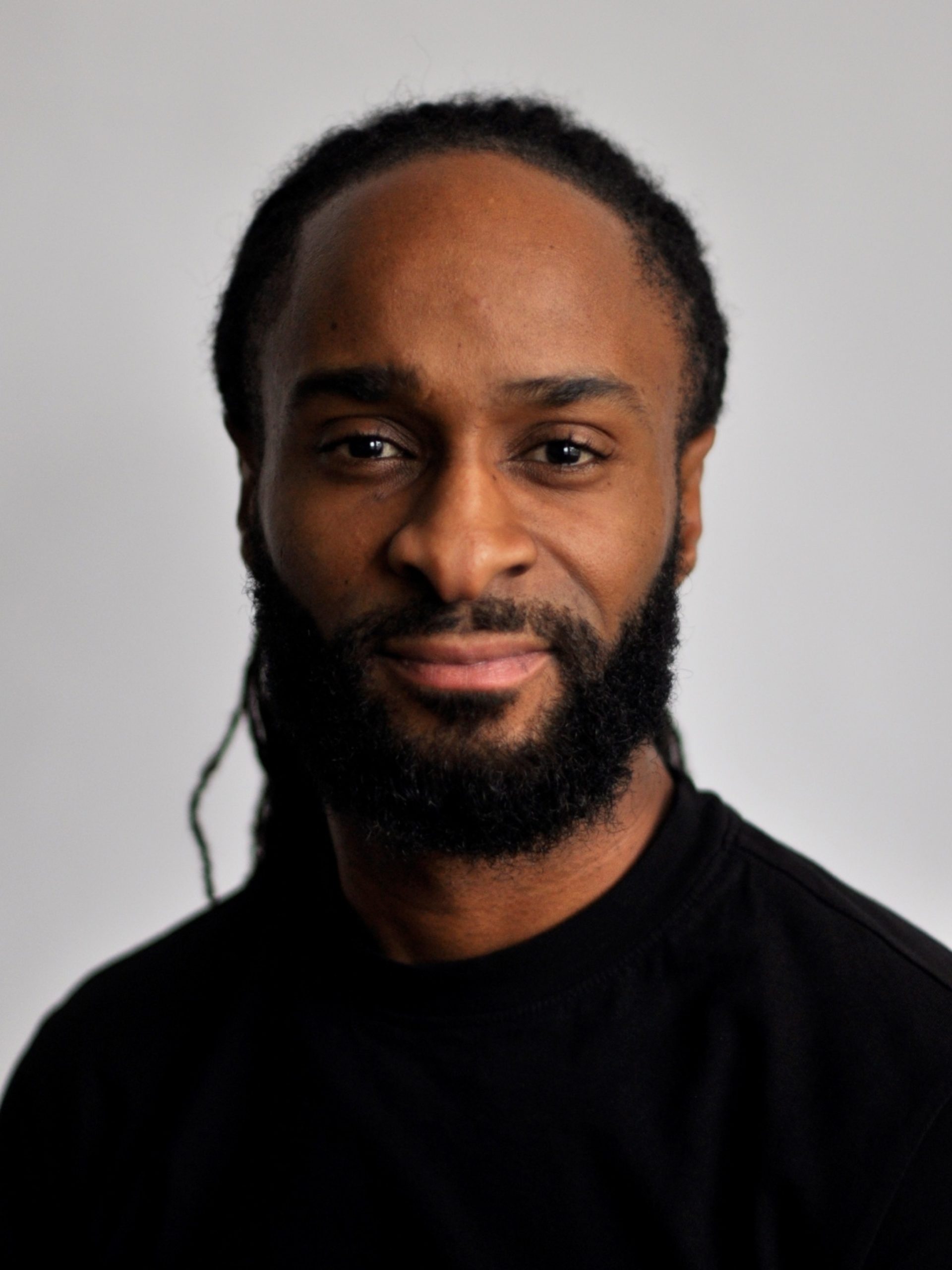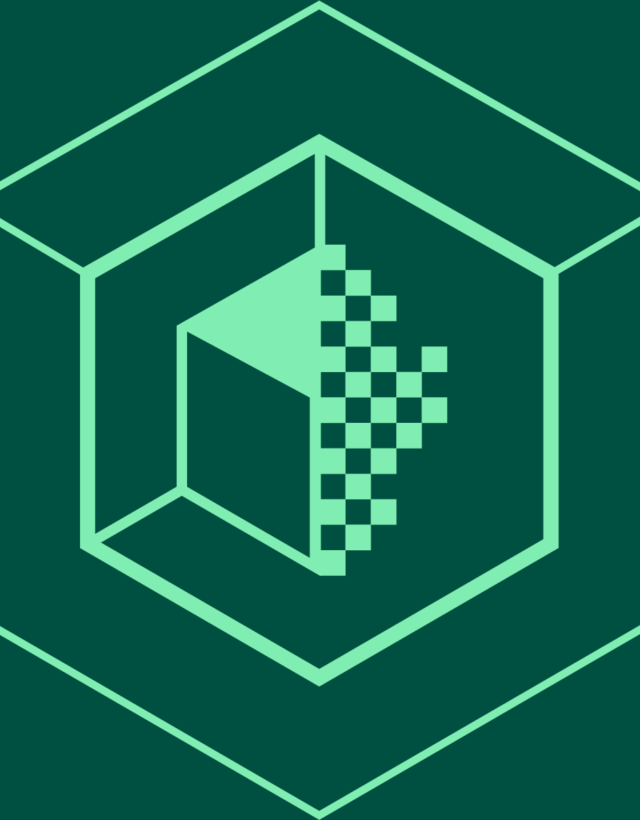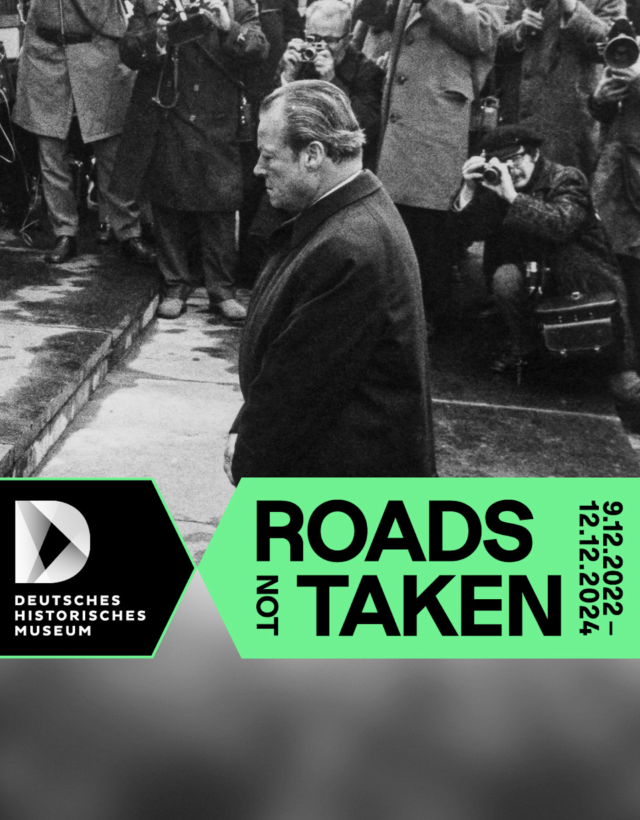
Homebase: Amsterdam, the Netherlands
Job title: Teacher
Zawdie Sandvliet is a Social Studies teacher and a professor of Afro-Dutch Studies at the Amsterdam University of Applied Sciences. In order to learn more about the history of the Dutch involvement in the system and trade of slavery, Zawdie studied African American Studies on a Fulbright Scholarship at Boston University after receiving his bachelor’s degree in Sociology. After his return to the Netherlands, he took the initiative to start a course on Afro-Dutch studies at the University of Amsterdam, a decolonial interdisciplinary course that focuses on the history and present-day realities of Afro-Dutch people. Through his work as a Social Studies teacher and with his Afro-Dutch studies course, Zawdie tries to create educational equity across class, race, ethnicity, religion, sexuality, and gender. In his free time, he likes to read, longboard, surf, exercise, and cook vegan meals.
Due to COVID-19, education has moved from an in-person format to a virtual format. Not all students, parents, households, teachers, and schools from all communities are able to easily adapt to this new reality.
Zawdie’s project would provide students, parents, and teachers from low-income communities in Amsterdam with devices, access to Wi-Fi, and the technological and social skills that enable homeschooling and online education. This aims to prevent any increase in existing and developing educational disparities.
The project consists of conducting a small research project at the beginning to support and show the negative effects of COVID-19 on certain communities and their experience with online education. This data will then be used to develop methods for the adaptation to higher quality online education. The methods will focus on how to deal with the effects of COVID-19 on people in education. It will also provide students, parents, and educators with the necessary skills for online education.
The project also focuses on creating awareness of the effects of COVID-19 on elementary and secondary school students. The data from the research will be used to create a media campaign. It will be necessary to create partnerships with creative media companies, key figures from the education field, tech companies, and community leaders who help lessen the resulted disparities in education. The project will create awareness around the historically determined disparities within the Dutch elementary and high school education system when it comes to opportunities and educational results. This disparity has been exacerbated through COVID-19. Ultimately, sharing the experiences, progress, and projects of primary and secondary students (between ages 10 and 18) will create more public awareness of systemic issues. This will ideally result in the creation of financial and material support for affected communities in education who can not deal accordingly with remote and online education.
Eventually, this project will serve as a model for communities around the world for people who are struggling to adapt to the new situation of online education. This project will also show that accessibility to technological skills should not be restricted to middle-class or high-income communities. After addressing the basic needs of online education, this project will set out to create sustainable ‘tech-hubs’ where students from diverse communities can develop the necessary technological skills for the future.


